How will these resources help you?
Our current food supply system devastates the environment and the very soil that we need to produce it. Large amounts of land are exhausted to produce small amounts of food. Sheep and cattle farming is a prime example: grazing occupies 28 per cent of the world’s land, yet the products of meat and milk account for just 1 per cent of the world’s protein. Similarly, over three-quarters of soy produced is fed to farm animals. This cannot be sustainable, and while the UK’s food security is said to be high, we must ask for how long, with our food coming from ecologically damaging practices. These resources investigate the impacts, offer alternatives, and call for changes in our relationship with food that creates many of the world’s problems. Rapid changes in attitude, awareness and ultimately culture are needed. These resources will support teachers and students in their studies of Resource Management and The Living World, providing deeper context on why the solutions explored in the curriculum are needed.
Revolution in the future of food
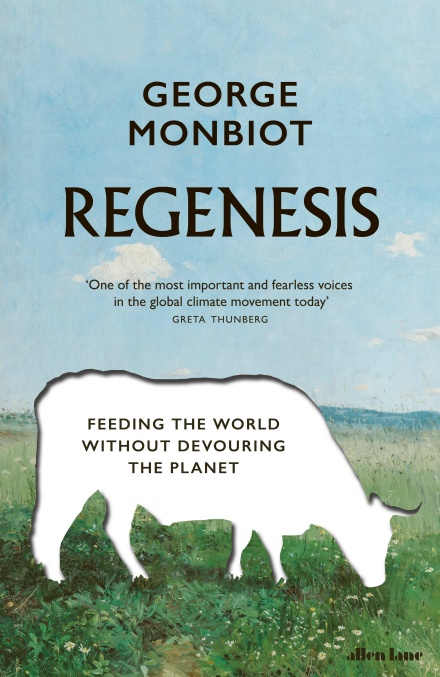
Regenesis: Feeding the World without Devouring the Planet
by George Monbiot, published by Penguin Books, (2022), 9780241447642
This powerful and authoritative book calls for a revolution in the future of food production. It examines the devastation caused by what the writer describes as ‘agricultural sprawl’. Chapter 1 explores the life within a very small sample of soil and highlights some startling facts about the environmental impacts of our food supply. A range of innovative techniques are explored in the following chapters. Monbiot concludes by calling for a new sustainability movement in food supply. This movement must ask itself when introducing any new strategy, ‘Does this deliver more food with less farming?’, ‘Who owns and controls it?’, and ‘Is the food it produces healthy, cheap and accessible?’ Of particular interest is his account of his ‘Rivercide’ investigation (included as a separate resource in Further materials). Valuable reading for students studying The Living World and Resource Management.
Britain’s food problems
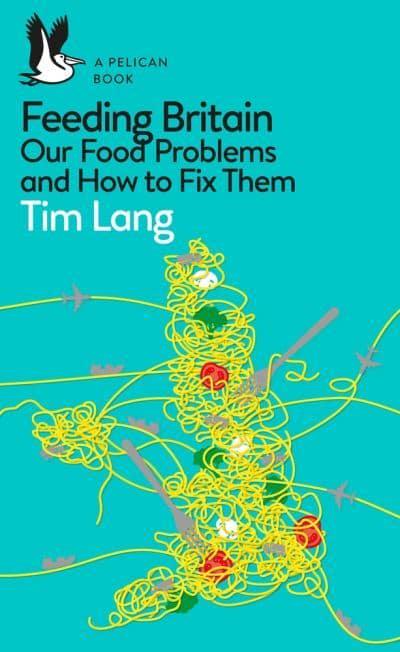
Feeding Britain: Our Food Problems and How to Fix Them
by Tim Lang, published by Penguin Books, (2021), 9780241404805
This book analyses the state of the UK’s food security, in that we are heading towards a crisis. The book is very direct and clear about the country’s threatened food security and the problems that must be tackled. These include food waste, diet-related illnesses and food poverty. He rightly points out that the theory that ‘we get lots of food from lots of different places, so therefore must have food security’ is nonsense, and focuses on food systems and cultural behaviours towards foods that are at fault. The UK is awash with food, but from unsustainable sources that are ecologically damaging. Throughout the book, Lang criticises government policies and offers solutions and alternatives. Food security, and how to increase it sustainably are central to many units on Resource Management, and this book offers an authoritative discussion of the topic.
Our relationship with food
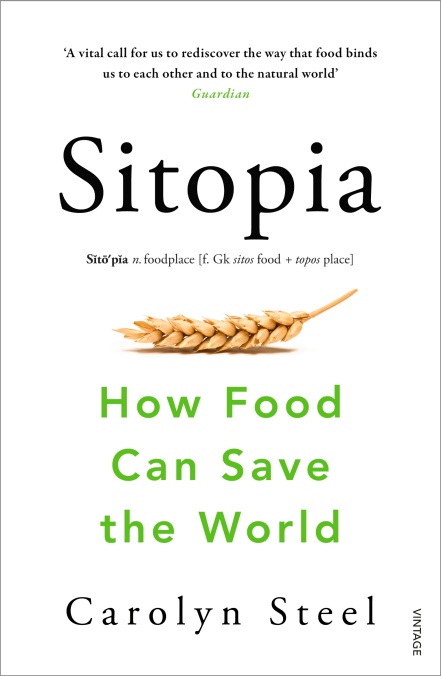
Sitopia: How Food Can Save the World
by Carolyn Steel, published by Penguin Books, (2021), 9780099590132
Sitopia demonstrates that many of the world’s problems – the pandemic, intensive agriculture, loss of wildlife and soil, and urban planning – could be solved with a new, healthier relationship with food production and consumption. A key message is that how we eat shapes how we live: change our relationship with food and the subsequent changes in lifestyles will address many of the problems we face. We don't know enough about – or choose to ignore – the harmful practices that are involved in the supply of the food we buy. Cheap supermarket food hides the costs of land degradation, obesity and the exploitation of migrant labour. Steel emphasises that the West has created many of the world’s problems, and so must be responsible for leading the way in changing humanity’s relationship with food. The book is valuable reading for A-Level students, and for the study of any unit dealing with food security and sustainable food practices.
Regenerative Agriculture
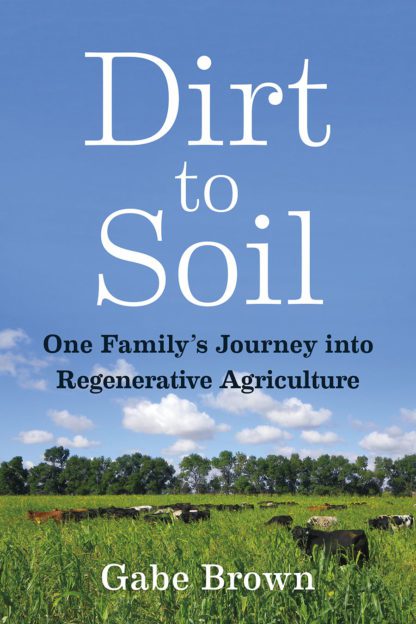
Dirt to Soil: One Family's Journey into Regenerative Agriculture
by Gabe Brown, published by Chelsea Green Publishing, (2018), 9781603587631
This book raises awareness of the fact that all farmers must be soil farmers first and foremost. Brown's agricultural training involved a narrow industrial production model to maximise yield. Yet by mimicking nature, rather than working against it, he transformed an industrial-driven farm with degraded soil, into a healthy, profitable operation. The dichotomy with any discussion on farming, soil and yield is between protecting the soil and producing maximum yields to meet demand. This book explores how he achieved productivity combined with nutrition, health, and sustainability. A valuable source of information for students studying units on resource management, and in particular the challenges and opportunities of achieving a sustainable food supply.
Audiovisual clip
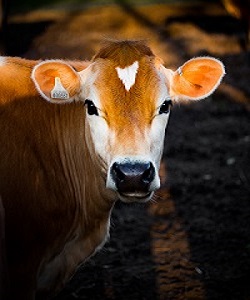
Natural World - Livestock farming
published by BBC, (2009)
Insights into why livestock farming is fuel-intensive.
Further materials
The Globalization of Wheat: A Critical History of the Green Revolution by Marci Baranski, published by University of Pittsburgh Press, (2022), 9780822947349
Find this book
Soil, Not Oil by Vandana Shiva, published by Bloomsbury, (2016), 9781783607716
Find this book
Rivercide, with George Monbiot, Charlotte Church and Benjamin Zephaniah by Spanner Films, published by YouTube, (2021)
Watch this video
Animal Agriculture and Climate Change by Bhuvan Kalra, published by YouTube, (2016)
Watch this video
Genetic Technology Bill: enabling innovation to boost food security (Press release), published by Department for Environment, Food and Rural Affairs, (2022)
Read this press release
David Newell is Head of Geography at Millais School in Horsham, West Sussex. He has held the GA’s Secondary Geography Quality Mark since 2015, and has worked as a Specialist Leader in Education, advising schools on improving their Geography provision.
Text © David Newell, 2022.
Text © David Newell, 2022.



